- Home
- /
- Stories
Stories
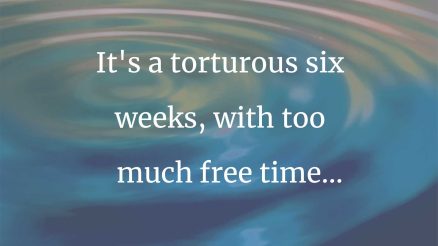
“Hello, It’s Your Electronic Medical Record Calling”
I’m sitting in the waiting room at my hematologist’s office. Today is bone-marrow biopsy day—the day a drill will penetrate my hip bone to extract a sample.
The road to this moment began several months ago with a routine blood test at my annual exam. The test showed an abnormally high count for one type of blood cell. I was referred to a hematologist for further evaluation. The referral surprised me, but I wasn’t worried—yet.
I endured several more tests to rule out some conditions; however, my hematologist, Dr. Fawcett, has suggested that we move forward with the bone-marrow biopsy to get the full picture.

A Different Kind of Emergency
Curled on a gurney beneath the fluorescent glare of the hospital room lights, a girl no more than eight clutched a stuffed giraffe. Her small frame, the slight downward tilt of her eyes, and her delicate jaw and thin upper lip were the visible signs of fetal alcohol syndrome.
This was Elle, whom I encountered as a medical student during an emergency-medicine rotation.

Dialyzing in a War Zone
I was born and raised in the city of Hebron in the West Bank, the part of historic Palestine that is governed by the Palestinian Authority. I recently graduated from Hebron University School of Medicine, established in 2019. Here is a brief description of what it’s been like to study medicine here over the past six years.
To many, the existence of a medical school in Hebron comes as a surprise. Yet, under the shadow of military occupation and adversity, our education continues—demanding, unyielding and intimately tied to the realities that shape our lives.

Thank You, Betty
It’s dark outside. I get out of the car and rush into the emergency department. I’m a fourth-year medical student, and this is my last shift here.
I walk in, place my coffee on the table—dangerously close to the keyboard—and open up the electronic medical record. I’m surprised to see that there isn’t much going on. Just one new patient—a woman with some back pain.
Great, another lumbar pain–probably muscle strain, I think. I’ll give her some acetaminophen and a lidocaine patch. That ought to do the trick. It usually does.
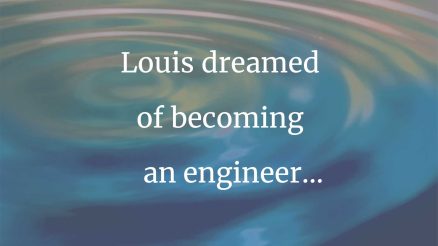
Choosing to Believe
“We got into a fight last night,” Maria said, more to herself than to me, her fingers tracing invisible patterns on her jeans.
“About what?” I asked.
“I told Louis, ‘God doesn’t exist—because if God did exist, why would this be happening to you?’ ” she answered.
She stood and started pacing the hospital room where her son, fifteen, had spent the past two weeks.
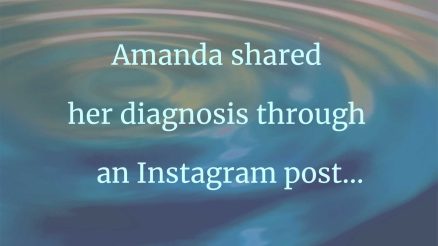
What Remains
Amanda was the first friend I made at Royal West Academy, in Montreal. When I walked into art class as a new tenth-grade student, I scanned the room in quiet panic, noticing how everyone was already grouped together. Then I locked eyes with Amanda—the only other Asian girl in a sea of white students. She flashed me a grin, and I immediately made my way toward her.
We quickly became close friends. Over the next two years, we sat together in every class, laughing often. We stayed up late for FaceTime study sessions that often veered off topic.
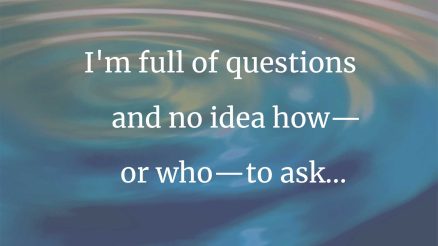
Three Weeks in December
In my crowded triage room, I hear the emergency-room physician say, “Trauma blood, STAT!”
I have been rushed to the ER after throwing up liters of blood at home. I have GI bleeding.
I’m tipped back on the gurney, head lower than my limbs, with my mean arterial pressure in the low mid-60s. Paddles are ready; transfusion begins.
Two days later, I undergo an endoscopy. Is it ulcers? Something else?
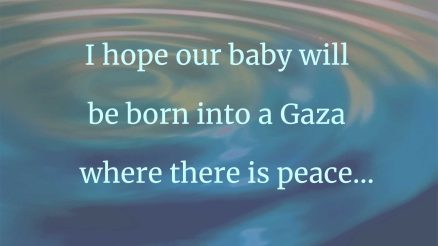
Report From Gaza: Seeing Patients Among the Bombs
I am twenty-six years old, and in June 2023 I graduated from Al-Azhar University-Gaza (AUG) Faculty of Medicine, in Northern Gaza. Two months into my internship at Al-Aqsa Hospital in Deir al-Balah, the Gaza War started.
I was assigned to the emergency department for fifteen months, serving as a junior surgeon to treat patients injured by bombs—shrapnel wounds in the hips, back and head; crushed arms and legs; burns everywhere; difficulty breathing; internal bleeding.
I tried to block out the shouts, crying and moaning and focus on the task and the patient in front of me—while, in the background, bombs were exploding.
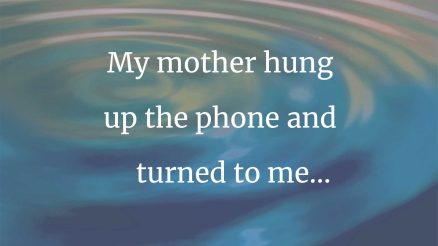
The Mirror of One’s Soul
It was the day after Christmas, during my third year in medical school. My mother and I sat in silence, the house still heavy with the remnants of holiday cheer. My two siblings had just left for their homes, five hours away, and she was visibly sad. Our family was scattered once more, each of us at different stages in our lives and careers.
Then the phone rang. My mother took the call right there in the room as the news played quietly on the television. I watched the TV screen, half-listening to her short, subdued answers. The call was so brief, and her responses so terse, that I couldn’t tell who had called, or why.
